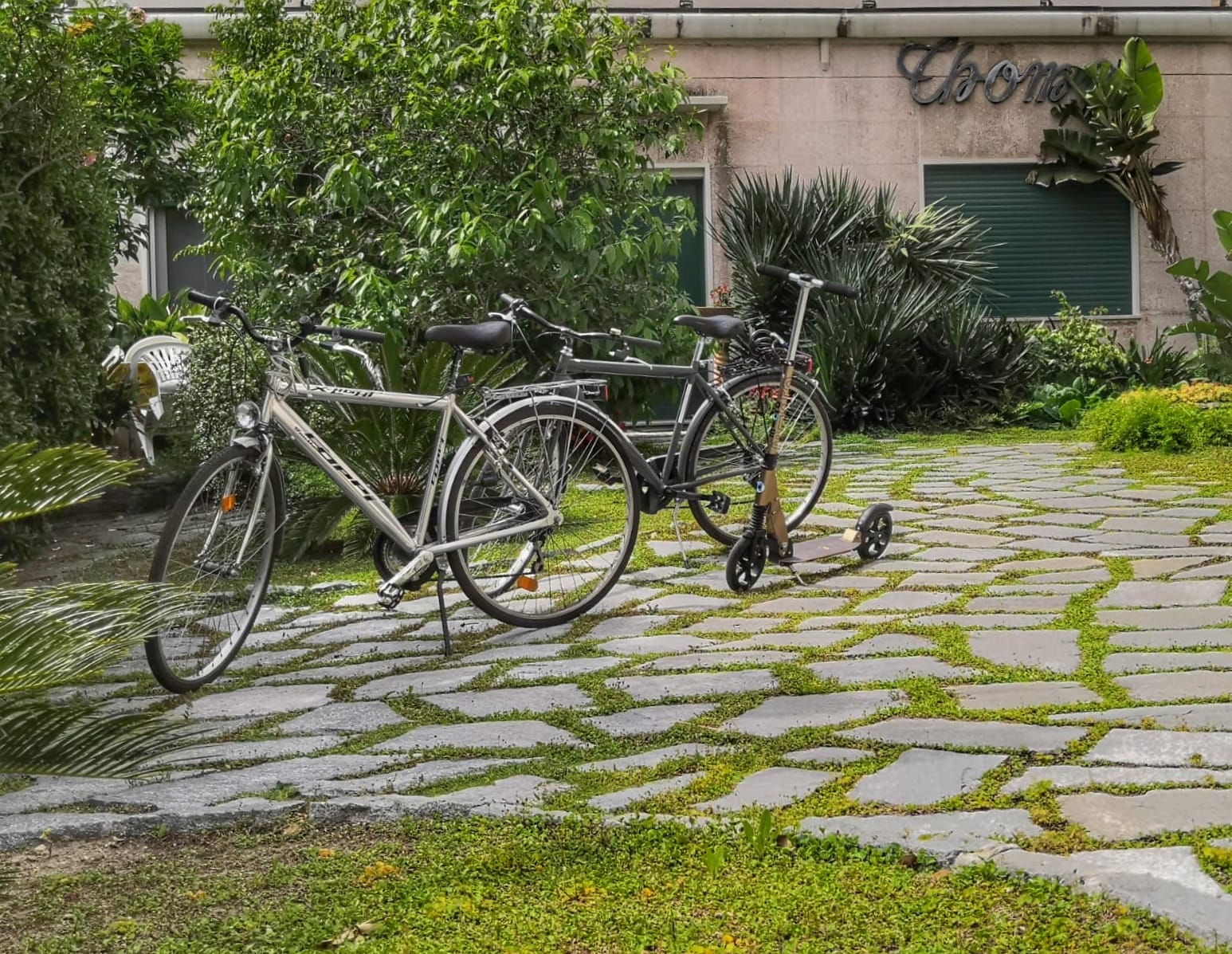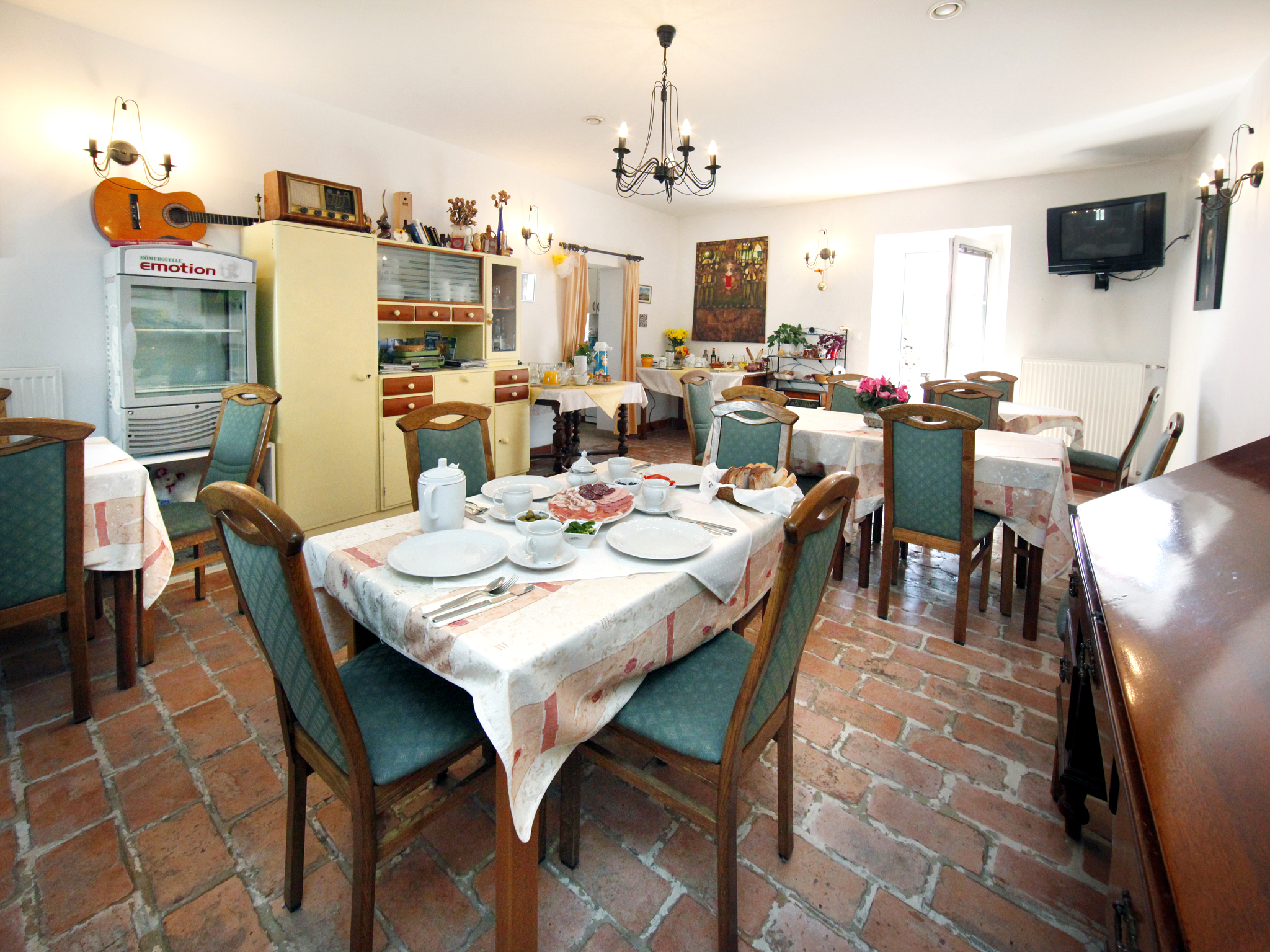The restaurant Noot Nordik Kitchen in the Green Key awarded Radisson Blu Scandinavia Hotel, Gothenburg is taking the fight against food waste to another level.
© Noot Nordik Kitchen
Food waste is one of the biggest challenges in hospitality industry and more and more restaurants and hotels try to level up their initiatives to reduce the amount of unused products and leftovers. The most common strategies to minimise food waste is monitoring, diligent planning of the purchases and meals as well as optimising the storage of the products to extend their shelf life.
The Noot Nordik Kitchen, however, is putting an extra effort on reducing their waste that is produced in the kitchen. They use every last piece of a vegetable or a fruit, turning carrot tops into pesto, lemon peel into both a lemon peel syrup for cocktails, a candied lemon peel for desserts and cocktails or as freshly grated flavoring to a cake. Any tops, peels, pumped corners or cut offs go in to making broths for sauces.
They use fresh, locally grown raspberries to infuse an OP Andersson Aquavit (local to Gothenburg) for their cocktails, the berries left after the infusion gets dried and crushed into a powder we use do decorate cocktails and desserts.
Bread that has gone stale become croutons. Fresh herbs that’s looking a bit sad becomes herb butter. Any ingredients left over from their daily lunches gets new life in a salad, a soup, a stew or are served as a topping on a traditional Danish Smørrebrød. In addition, “ugly” and often discarded vegetables are purchased and given a new life in their perfectly composed dishes.
Sofia Roos, restaurant manager at Noot Nordik Kitchen:
"At Noot we love every crooked carrot, every single potato and all ugly peas. They are the soul of our food philosophy. All we want is to create delicious, tasty and climate-smart dishes without crossing it too much.”
© Noot Nordik Kitchen
.Noot Nordik Kitchen does not only fight against food waste but another cornerstone of the restaurant is to buy as local and sustainable as possible. The fish is local and sustainably caught, they always favour locally grown greens and fruits and they bake their own bread and knead their on pastry for cakes and desserts. They support brewers of all sizes across the Nordic countries so that their guests can enjoy a diverse range of real ales, IPAs, APAs, lagers and stouts. On top of that, they only serve Swedish, organic sodas, there is simply no Cola-Cola in their fridges, but a local and natural Cola Blanco from Dirty Fox Water Brewery in Norrköping.
On their mission to be a front-runner in sustainability, this summer they also joint forces with “Fredagspizza”, a food concept started through the initiative Swedish Food Challenge with the aim of spreading knowledge about and increasing the use of Swedish raw materials in everyday life. Fredags.se works with consciously selected raw materials and places great focus on what we can produce where we live, more specifically in Sweden and the Nordic countries.
On July 15-20 you can visit Noot Nordik Kitchen, where they offer four variants of Swedish pizza with different topping such as lard, fresh potatoes, meatballs and air-dried elk. There are plans for a continuation for this Autumn.
© Noot Nordik Kitchen


















